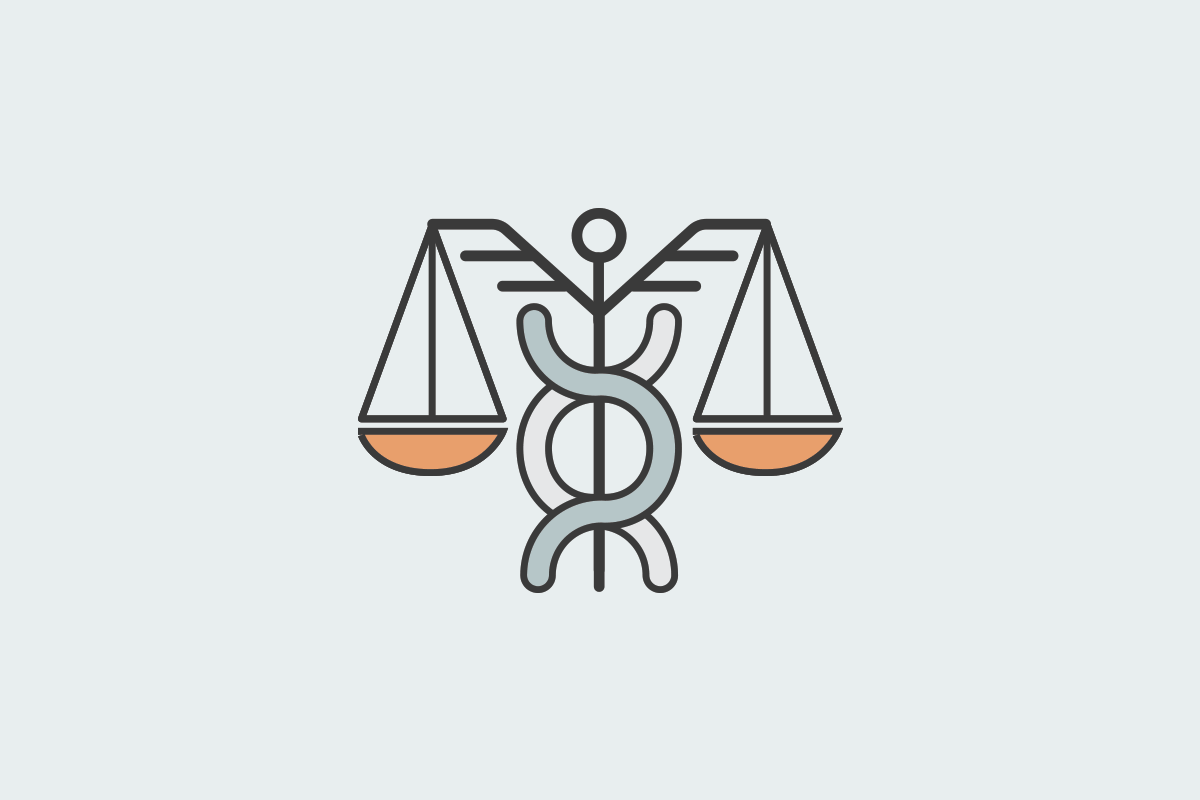It should come as no surprise that the spaces we occupy every day have a huge impact on our overall wellness. The Environmental Protection Agency and Vancouver Coastal Health report that Americans and Canadians spend about 90% of their time indoors. But what about the time we spend outdoors?
Your Welcoa membership has expired.
Health Coach Legal Guidelines
The following article does NOT constitute legal advice and should not be used as such. It is for educational purposes only. Readers should retain legal counsel to obtain definitive answers.
I work with a lot of health and wellness coaches. Unlike many other professions, none of the 50 states issue licenses, certificates or registrations to health and wellness coaches. Rather, health and wellness coaches often receive their certifications from a variety of private organizations. The National Board of Health and Wellness Coaches aims to create standards for health and wellness coaches through its board certification program. Standards are important to ensure that health and wellness coaches know how best to interact with clients and the community.
Legal guidelines are important as well. Too often I see health and wellness coaches wading into risky waters by offering services that cross the line into a licensed practice. Most often these licensed practices are medicine, dietetics, or therapy/counseling. Being accused of the unlicensed practice of a state-licensed profession can lead to a number of disciplinary actions. Dr. JoAnn Eickhoff-Shemek, founder of the Fitness Law Academy, has created the following chart in chapter 7 of her forthcoming book Law for Fitness Managers and Exercise Professionals to highlight the possible disciplinary actions that state licensing boards can issue. The chart uses Florida law as an example:
Exhibit 7-4 Violation of State Licensing Statutes: Brief Summary of Criminal Penalties* Cease and desist notice: Issued by the state department or appropriate regulatory board within the department when there is probable cause a person who is not licensed has violated any provision specified in the statute. The penalty shall be a fine of not less than $500 nor more than $5,000 as established by rule of the department. Each day that the unlicensed profession continues after issuance of a notice to cease and desist constitutes a separate violation.
3rd degree felony: The practice, attempt to practice, or offer to practice a health care profession without an active, valid Florida license. The minimum penalty is a fine of $1,000 and a minimum mandatory period of incarceration of 1 year.
2nd degree felony: The practice results in serious bodily injury. The minimum penalty is a fine of $1,000 and a minimum mandatory period of incarceration of 1 year.
1st degree misdemeanor: The practice, attempt to practice, or offer to practice a health care profession with an inactive or delinquent license for any period of time up to 12 months. The minimum penalty is imprisonment of 30 days and a fine of $500. For 12 months or more it is a 3rd degree felony.
* Unlicensed Practice of a Health Care Profession. Fla Stat. § 456.065 (2001).
To minimize the chance of receiving any of these disciplinary measures, health and wellness coaches should abide by the following guidelines:
DO NOT:
- Advise on diet, exercise or mental health issues unless licensed to do so in your state and the client is also located in your state.
- Make claims that certain products or programs can treat, cure or diagnose medical or psychological conditions unless there is legitimate, reputable scientific evidence to support the claims and you cite to such evidence in all communications about the proposed product or program benefits.
- Practice outside your licensed scope, education, training, and/or experience.
- Misrepresent qualifications, limitations of education, training, expertise and experience, such as by using misleading titles (e.g., a health coach using the title of “Disease Manager” when the coach has no clinical training).
DO:
- Establish a separate legal entity and obtain liability insurance if practicing as an independent contractor.
- Support and encourage your clients with the health decisions they make.
- Educate clients about healthy choices and provide reputable sources for that information.
- Maintain a level of competency in professional practice to provide high quality services.
- Abide by codes of conduct created by health coach certification boards or professional associations, even if you are not a formal member of such organizations.
- Have clients sign an acknowledgement form and informed consent form before each initial educational or coaching session to set proper expectations of what services you can and cannot do.
- Refer clients to the appropriate licensed professional, such as physician or mental health practitioner, when necessary.
- Model and encourage nondiscriminatory standards of behavior in interactions with others and in implementing, designing or delivering health coaching services.
In addition to adhering to these guidelines, it is important for health and wellness coaches to adopt strong informed consent and disclosure documents, as well as educational acknowledgement forms that sufficiently address the expectations of the individuals with whom the coach interacts. A website review from an attorney is also a good idea so that potential risky language can be flagged and modified to reduce risk.

Barbara J. Zabawa
President of the Center for Health and Wellness Law, LLC
wellnesslaw.com
Health Promotion Program Legal Updates*
Every 3rd Wednesday from 10:00–11:00 AM CT
*This is an exclusive WELCOA Member Resource.




